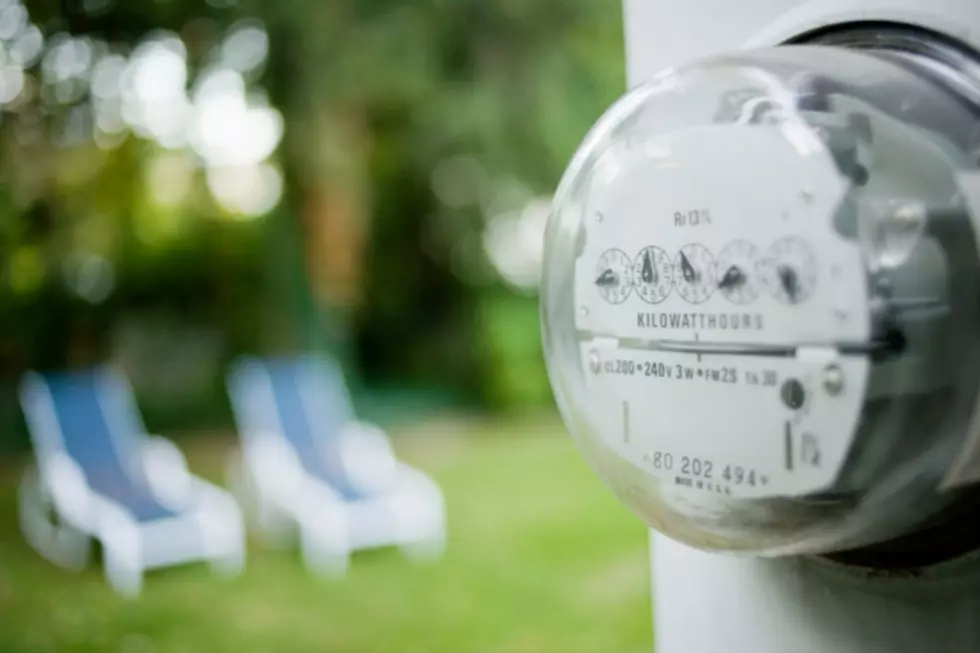
Maine Gov. Backs Bill to Make Utility Companies More Accountable
Governor Janet Mills is supporting a bill that would regulate Maine's electric companies which she says would improve service and rates for customers.
What's the Overview of the Initiative?
If the legislation passes, the Maine Public Utilities Commission would have to establish minimum standards for the operation of utility companies in the state, like CMP and Versant Power. Any utility that failed to abide by the regulations would be subject to censure, including the possibility of shutting the company down. Governor Mills says it's time for Maine utility customers to get relief from the past several years of outages, billing problems, and poor customer service.
Maine people deserve nothing less than safe, reliable, and affordable service on a strong electric grid.
What are Some of the Requirements that Would be Placed on Utilities?
Outlined in the initiative are several of the requirements with which electric companies would have to adhere.
- Submitting quarterly service reports. Harsher penalties would be levied against companies that were providing substandard service.
- A utility that has been penalized and is still not improving its quality could be replaced, with the state selling off the service to another company.
- Regular financial audits would help the state keep an eye on whether the rates being charged to customers are consistent with the utility's cost of providing service.
- Whistleblower protections would be strengthened to encourage employees to report any issues they find while working for the utility.
- Utilities would have to regularly submit 10-year-plans focused on how they plan to deal with the effects of climate change on their service.
Where Can I Read the Whole Bill?
The bipartisan legislation is titled An Act to Ensure Transmission and Distribution Utility Accountability and was developed by the Governor's Energy Office in conjunction with Maine's new Public Advocate Bill Harwood.
It will now be considered by Legislature's Energy, Utilities, and Technology Committee.
25 Essentials to Keep in Your Vehicle During the Winter Months
15 Must-Have Items For Ice Fishing Season In Maine
More From WQCB Brewer Maine









